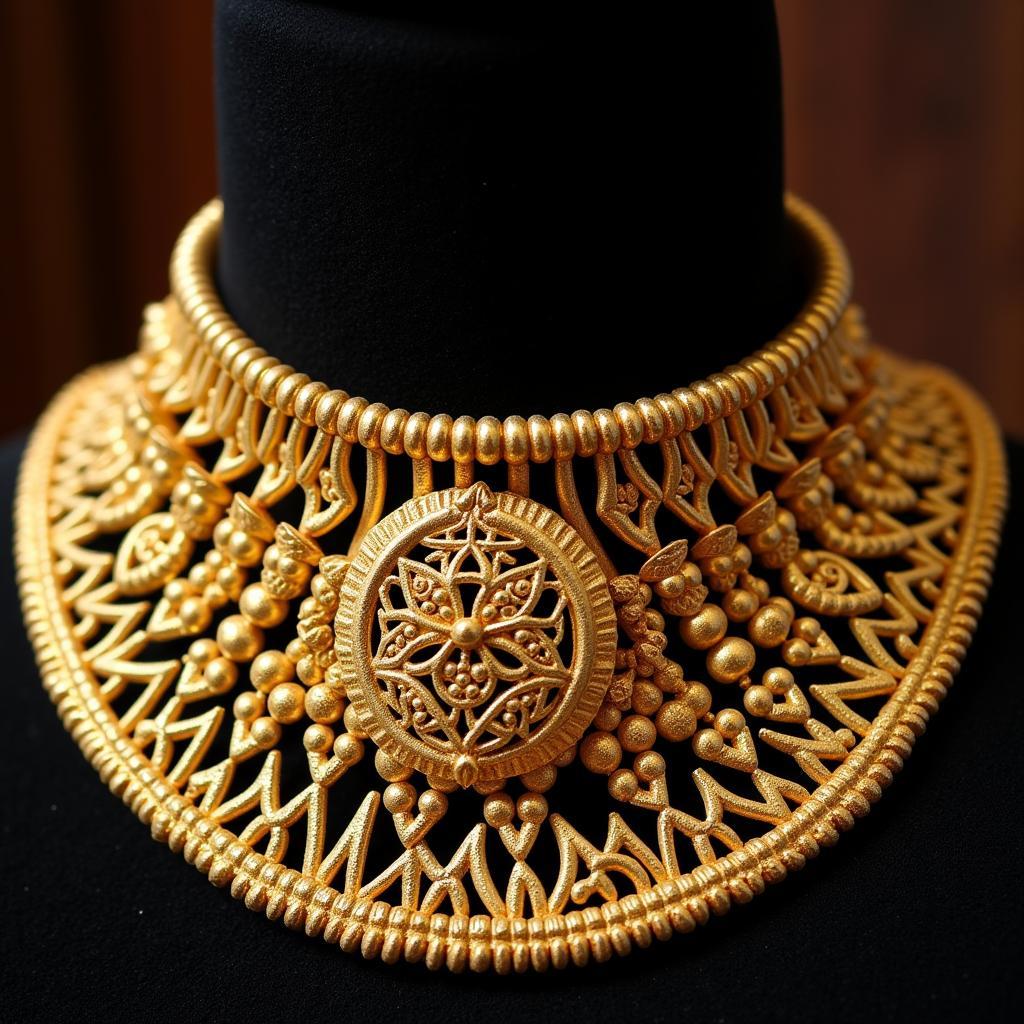The African House Gecko: A Tiny Tenant with a Big Personality
The African House Gecko, a common sight in homes across the continent, is more than just a tiny lizard. These small but fascinating creatures play a vital role in the ecosystem and have adapted remarkably to cohabitate with humans. They’re a testament to nature’s resilience and offer a glimpse into the intricate web of life within our own walls. Let’s delve deeper into the world of these little roommates.
Understanding the African House Gecko
African house geckos ( Hemidactylus mabouia) are small reptiles typically ranging from 4 to 6 inches in length. They are characterized by their soft, velvety skin and adhesive toe pads that allow them to effortlessly scale walls and ceilings. Their nocturnal habits often mean they are heard more than seen, their chirping calls punctuating the night. These geckos are primarily insectivores, playing a crucial role in controlling household pest populations. They consume a variety of insects, including mosquitoes, flies, and cockroaches, making them a natural and welcome form of pest control.
After this introduction to the Hemidactylus mabouia, you might be interested in learning more about other african gecko species.
Habitat and Distribution of the African House Gecko
Originally native to sub-Saharan Africa, the African house gecko has spread to various parts of the world, including tropical and subtropical regions, often inadvertently hitching rides on ships and other cargo. They thrive in warm climates and are commonly found in and around human dwellings, taking advantage of the readily available food source and sheltered environment. They are highly adaptable and can be found in a variety of habitats, from urban areas to rural villages. Their ability to thrive in close proximity to humans is a testament to their resilience and adaptability.
What Do African House Geckos Eat?
As mentioned, African house geckos are primarily insectivores. Their diet consists mainly of insects and other small arthropods. They are opportunistic feeders and will consume anything they can catch, including moths, spiders, and even small beetles. This makes them incredibly beneficial to have around the home as they effectively reduce the number of unwanted pests.
Are African House Geckos Dangerous?
Despite their sometimes startling appearance, African house geckos are harmless to humans. They are not venomous and rarely bite. If they do bite, it is usually in self-defense and the bite is not painful. In fact, their presence is generally considered beneficial due to their pest control capabilities. They contribute to a healthy ecosystem within the home by keeping insect populations in check.
African House Gecko and other African Wildlife
The African house gecko plays a small, but important role in the larger ecosystem. It serves as prey for larger animals like snakes and birds, contributing to the food chain. Understanding their role in the environment helps us appreciate the interconnectedness of all living things. Perhaps you’re also interested in learning more about the african house snake?
African House Gecko Care
While African house geckos are wild animals, some people choose to keep them as pets. If you’re considering keeping an African fat-tailed gecko, you should look into setting up an appropriate african fat tailed gecko setup. Remember, providing a suitable habitat is crucial for their well-being. You can find more information about african fat tailed gecko e. If you’re interested in their diet, you might want to know more about the african ground cricket size.
Conclusion
The African house gecko, a small but significant inhabitant of many African homes, contributes significantly to the ecosystem and provides natural pest control. Understanding their behavior and habitat allows us to coexist peacefully with these fascinating creatures. Their adaptability and resilience are truly remarkable, making the African house gecko a testament to the wonders of nature.
FAQ
- What do African house geckos eat? Primarily insects like mosquitoes, flies, and cockroaches.
- Are African house geckos dangerous? No, they are harmless to humans and are beneficial for pest control.
- Where do African house geckos live? They are found in and around human dwellings in warm climates.
- What is the lifespan of an African house gecko? Around 5 years in the wild.
- How do African house geckos climb walls? They have specialized adhesive toe pads.
- Are African house geckos nocturnal? Yes, they are most active at night.
- What is the scientific name of the African house gecko? Hemidactylus mabouia
Common Scenarios and Questions
- Scenario: You see an African house gecko in your home. Don’t worry, they’re harmless and helpful!
- Question: How can I encourage African house geckos to stay in my garden? Provide a water source and some sheltered areas.
Further Reading and Exploration
For more information on African wildlife, consider exploring other articles on our website related to reptiles, insects, and the ecosystem.
Contact Us
For any support or inquiries, please contact us: Phone: +255768904061, Email: kaka.mag@gmail.com Or visit us at: Mbarali DC Mawindi, Kangaga, Tanzania. We have a 24/7 customer support team.

